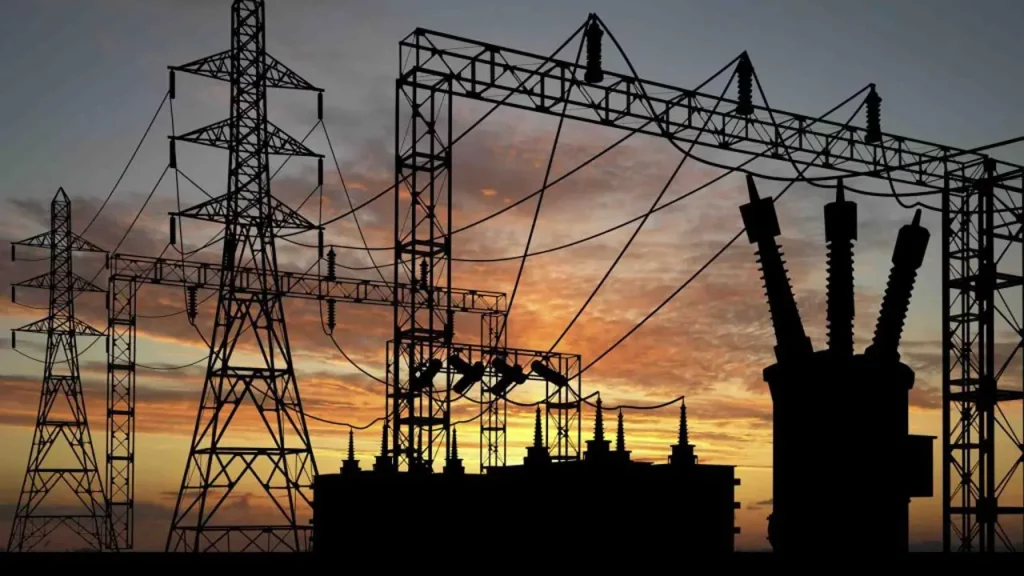After several government reforms and interventions, Nigeria still suffers from an epileptic and inefficient power supply. The government claims to subsidise electricity, yet the power sector has failed to meet its mandate. The question that lingers in the minds of many is whether these subsidies truly exist or are just another mirage from the federal government. The glaring disconnect between official narratives and the reality on the ground has eroded public trust and confidence.
Power outages, which are common, disrupt businesses and make life difficult. The situation begs the question: Where are the benefits of the so-called subsidies?
Addressing the myriad of challenges facing Nigeria’s power sector requires more than just pricing; it demands a comprehensive overhaul. This entails tackling systemic issues such as corruption, inefficiency, and regulatory bottlenecks. It requires bold leadership, political will, and a commitment to genuine reform.
Transparency has been a recurring theme in the government’s handling of the power sector. On numerous occasions, the government’s actions have not matched their words and campaign promises, leading to a trust deficit. This lack of transparency has further fueled skepticism, with many Nigerians questioning the government’s commitment to improving the power sector.
The government needs to be more transparent in its policy-making and follow through with implementing these policies. The power sector, like any other, should serve the interests of the citizens, not the pockets of a select few. If subsidies are indeed being provided, the government needs to ensure that they are effectively utilised and that the benefits trickle down to the average Nigerian.
The call for transparency is about holding the government accountable and ensuring efficient use of resources. Transparency in policy-making and implementation would allow for scrutiny, discourage corrupt practices, and ensure that subsidies, if any, reach the intended beneficiaries. It would also foster trust between the government and the citizens.
Nigeria’s power sector is in dire need of an overhaul. The current state of affairs, characterised by inadequate supply, frequent power outages, and doubts over subsidies, is unsustainable. Closing the gaps that allow for corrupt practices would be a step in the right direction.
Investing in infrastructure and technology is also crucial for modernising the country’s power sector. This includes upgrading aging power plants, expanding transmission and distribution networks, and harnessing renewable energy sources.
